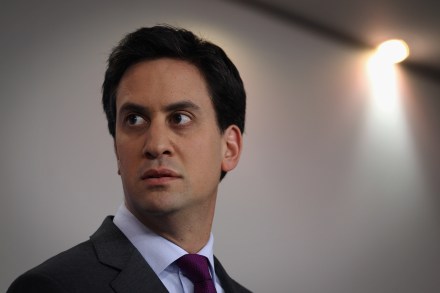How Cameron sees the economy
Today’s speech by David Cameron is one of those ones that give you a real insight into how he sees the world. Cameron said that he wanted to see an ‘insurgent economy, where we support the new, the innovative and the bold’. He talked about the need to ‘encourage the adventurous spirits who challenge the status quo and declared that he admires ‘more than almost anything the bravery of those who turn their back on the security of a regular wage to follow their dreams and start a company’. This reveals something important both about Cameron personally and how he sees the economy. The people that Cameron respects are not















